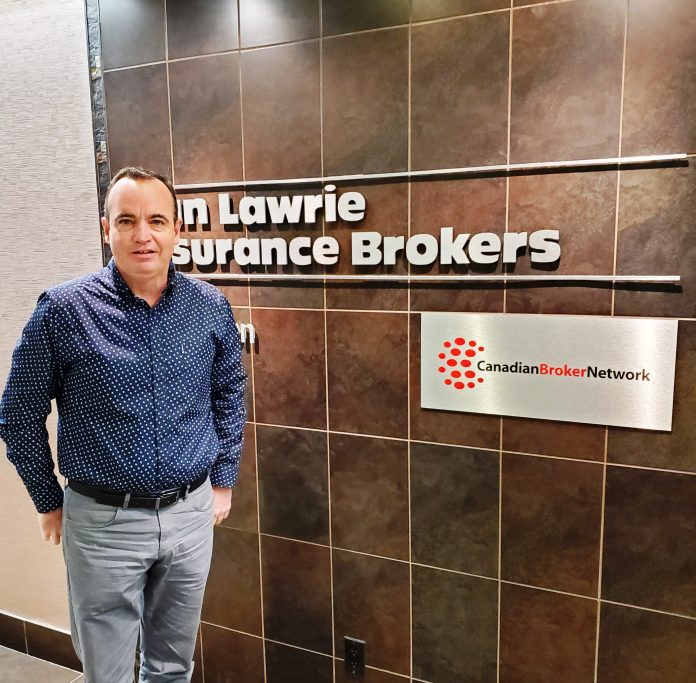Ontario Construction Report staff write
Market conditions are becoming increasingly challenging in the construction insurance market, with costs rising and insurance coverage limitations increasing. And while surety costs are remaining relatively stable despite recent large claims, contractors should be thoughtful in planning for the future, especially with some recent surety industry consolidations.
Paul Christie, a senior associate broker at Dan Lawrie Insurance Brokers in Hamilton made these observations as he suggested some ways contractors can navigate the changing environment, inducing “funds control”, where the surety appoints a third-party to receive payments from the owner, and then distributes the money to subtrades and suppliers.
Christie says insurance costs are rising to such a degree that contractors should make sure to review their projects with their insurance broker before bidding – or they could be on the hook for unexpected expenses.
In many cases, fees have increased three-fold – and the insurer will impose restrictions and high deductibles on the coverage.
“Until recently, you could call it a soft or buyer’s market,” he said. But times have changed.
“We’re seeing companies put restrictions on supplemental coverage for water damage,” Christie said. “As well some of them are putting in some deductibles (so high) that they are prohibitive. And insurers are imposing coverage restrictions on builder’s warranties,” increasing the ongoing risk.
As a general example, Christie says, on a school construction project the insurance cost would have been about 1 cent per month per thousand dollar value for the project; now contractors can expect to pay 2 to 3 cents per month for the same work.
In a practical sense, a 10 to 12-month project that might cost $12,000 to insure may now has a $36,000 fee – with coverage restrictions.
Christie says the best way for contractors to deal with these costs is to work with a broker with strong construction sector experience. If the insurance costs are higher than planned, then the right thing to do may be to incorporate that cost at the planning and bidding stage; rather than being caught after the fact with hefty additional and unwelcome expenses.
The story on the surety side is less painful, he said, despite the major recent losses including what has been described as the largest loss in Canadian surety history – the collapse of Bondfield Construction and related companies last year.
Surety rates depend on the builder’s reputation and project size; and here a broker can work with the surety to ensure the best possible rate.
Recently, Intact took over the surety business formerly conducted by the Guarantee Company of North America, though there is still plenty of competition.
Christie said his views have evolved on “funds control”, especially for contractors with a good reputation who wish to grow to handle larger projects.
There are two problems with funds control. The first is the perception that if the surety requires control of the funds, this may reflect poorly on the contractor. But in fact since the funds that would be paid within funds control are in fact required to be held in trust under Construction Act rules, funds control would in practice simply reflect what should be happening anyways.
The second, and more challenging issue, are administration fees, upwards of 1.35 per cent to 1.5 per cent of the project value.
But there are two offsets here. First, the contractor’s own administrative costs are reduced by passing off this responsibility. As well, and more significantly, with funds control a contractor with a good reputation could rightfully seek a better surety rate. When these elements are combined the net cost of funds control could prove to be quite reasonable, especially since the contractor would gain access to surety that might otherwise be more expensive or difficult to attain.
Christie says contractors should build surety and insurance considerations into their business planning. “It’s really important for people that are in construction to align themselves with professionals in the insurance industry that understand the risks and understand their business, and have a good knowledge of the marketplace and the industry,” he said.
“Due diligence about who you partner with is key. Ask questions about their industry involvement, what insurance companies they represent and other client’s like you that they do business with.”
Christie can be reached by email at pchristie@danlawrie.com, or by phone at (905) 525-7259.

